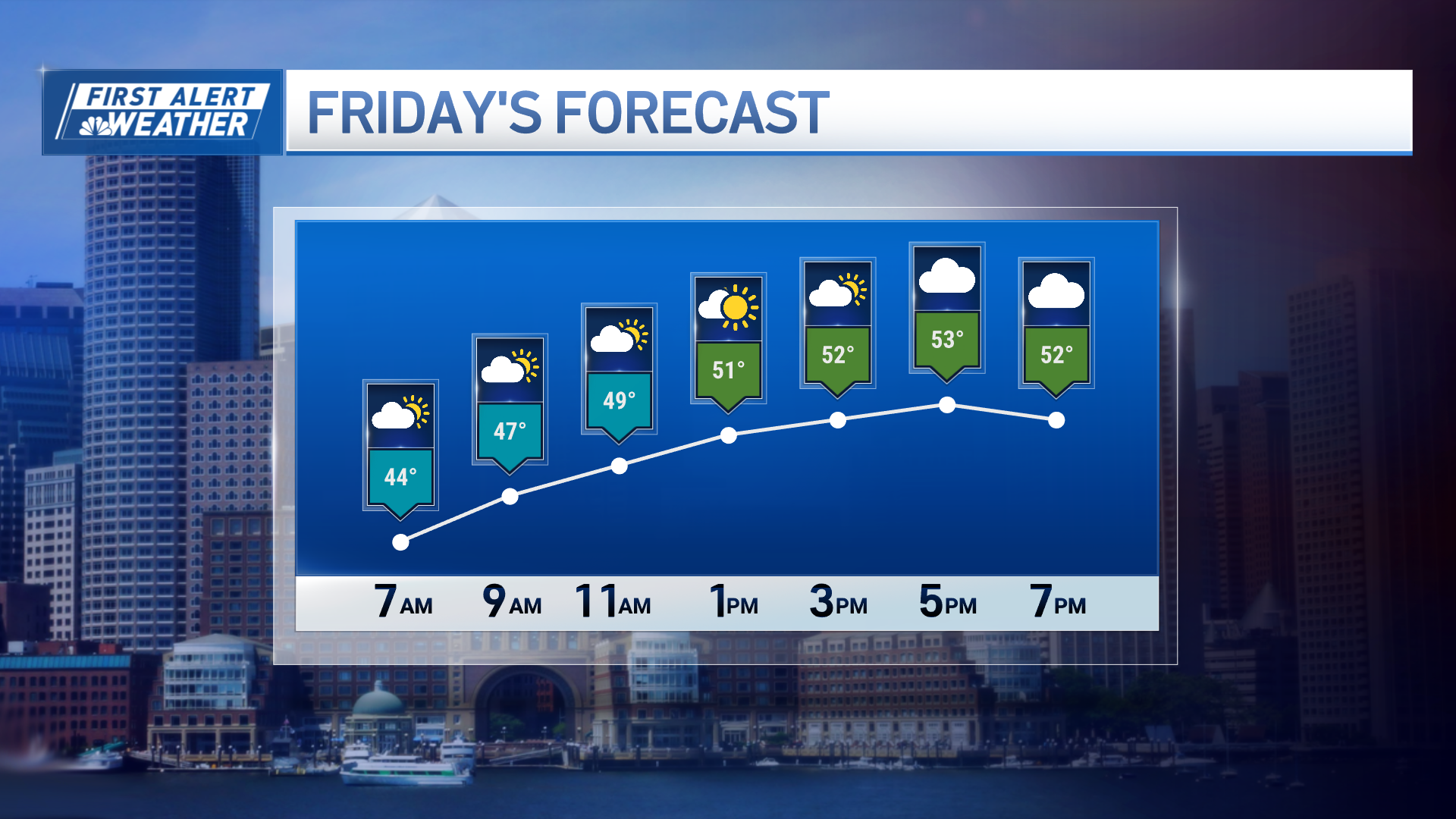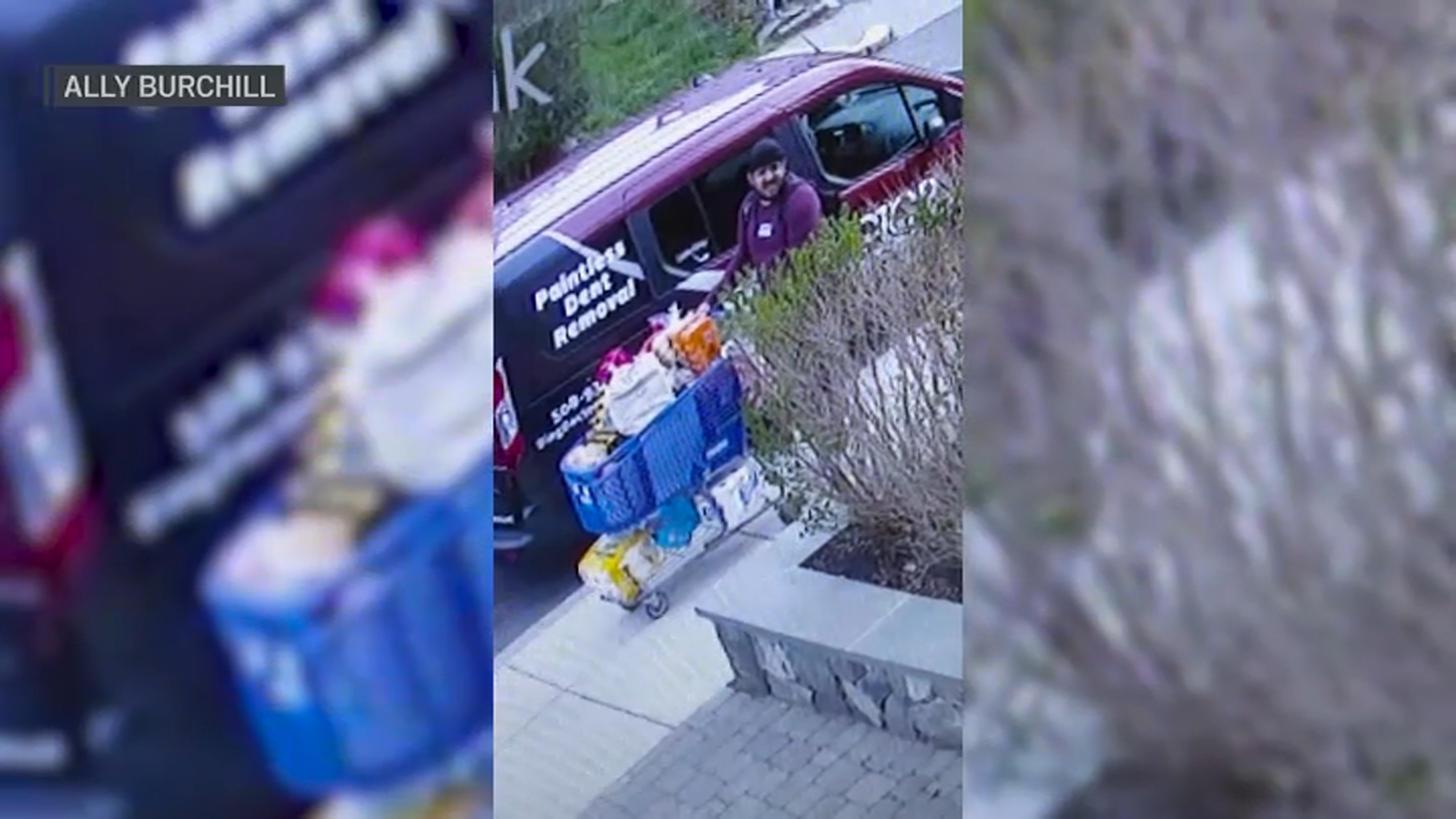New England states are planning cautious steps to reopen their economies amid signs social-distancing measures have started to flatten the curve of new coronavirus cases. In the case of Vermont, the state this week has already allowed some businesses to reopen with strict guidelines.
The governors stress, however, any moves to reopen some businesses will happen slowly, and that social distancing will remain vital.
Here's what we know about each state's plan:
Connecticut
On Monday, Gov. Ned Lamont said if cases in Connecticut continue to drop in the next seven to 10 days, the state may be able to start easing restrictions.
While there are no specifics on what reopening would look like yet, Lamont said a task force will be at Thursday's press conference and have specific ideas as they begin to lay out what the risks and benefits of reopening could be.
Maine
Local
Gov. Janet Mills extended Maine's stay-at-home order until May 31, but the state plans to allow some businesses to reopen on May 1.
The first of four stages to ease restrictions will include reopening hair salons, drive-in theaters, dog grooming, stay-in-you-car church services, auto dealerships and carwashes.
Stage 2 will begin on June 1 and revise the limitation on gatherings from less than 10 people to less than 50 people. In this stage, restaurants, campgrounds, day camps, gyms, nail salons and all retail businesses will be allowed to reopen. Hotels will be able to open, but they will only be available to Maine residents and out-of-state residents who have completed quarantine guidelines.
Stage 3 will begin on July 1 and will allow bars, summer camps, spas, tattoo parlors, massage facilities, cosmetologists and estheticians and personal care treatment facilities to open. The state will continue to ban gatherings of more than 50 people.
The details of Stage 4 have not been released yet, but the hope is that all businesses will be open and operating with appropriate safety modifications, according to the governor's plan.
Massachusetts
Gov. Charlie Baker has not released a plan to reopen Massachusetts, but he has put together a team to develop one. The 17-member Reopening Advisory Board includes CEOs, hospital officials, mayors and other government officials.
The advisory board is charged with developing a report that will include Department of Public Health approved workplace safety standards, industry frameworks and customer protocols and guidelines, including enforcement mechanisms.
Baker announced Tuesday that he is extending the state's non-essential business closures and stay-at-home advisory to May 18. It had previously been set to expire two weeks earlier on May 4.
The governor says he remains focused on the number of COVID-19 hospitalizations and overall intensive care unit use for the coronavirus as a barometer for when the state will be ready to reopen.
New Hampshire
Gov. Chris Sununu has not released a plan to reopen New Hampshire yet, but he says increased testing will play a large role in the plan.
During a Monday news conference, Gov. Chris Sununu announced that New Hampshire Public Health is embarking on a community-based campaign to increase testing to 1,500 residents a day.
Five new testing locations will be established for residents who are not able to access hospital-based clinics or urgent care centers. Those locations will be in Claremont, Lancaster, Plymouth, Tamworth and Rochester.
Officials in vacation towns like Hampton are working to propose ways to reopen in time for the summer tourism season.
Rhode Island
On Monday, Gov. Gina Raimondo said she hopes to to lift the state's stay-at-home order in two weeks amid signs coronavirus cases were reaching a plateau.
Raimondo plans to use a phased approach to reopen the state beginning on May 9. Phase 1 will include allowing social gatherings of 10 or fewer people and the opening of parks and public spaces such as beaches, with strict guidelines in place.
Some child care centers will be allowed to open with strict guidelines in place as well as additional cleaning protocols. A pilot program for dentist offices will begin.
Phase 2 will reopen hair salons and allow some restaurants to resume dine-in service. Raimondo says many workers will be able to return to offices and gatherings up to 15 people would be allowed.
In Phase 3, most business would be open with new guidelines in place.
Vermont
Gov. Phil Scott has already allowed some businesses in Vermont to reopen.
On Monday, outdoor retail operations were allowed to resume in-person shopping. But they could not allow more than 10 people on site, including customers and staff.
Five-person work crews, provided their jobs are outside, were also allowed to resume on Monday.
Farmers markets will be able to reopen on May 1 with specific guidelines for crowd management.
Health Commissioner Mark Levine has outlined the criteria that officials are looking for as they reopen the economy: A sustained reduction in cases for at least two weeks; a health care system that is safely able to treat all patients; the ability to test all people who have symptoms and the ability to carry out contact-tracing.



